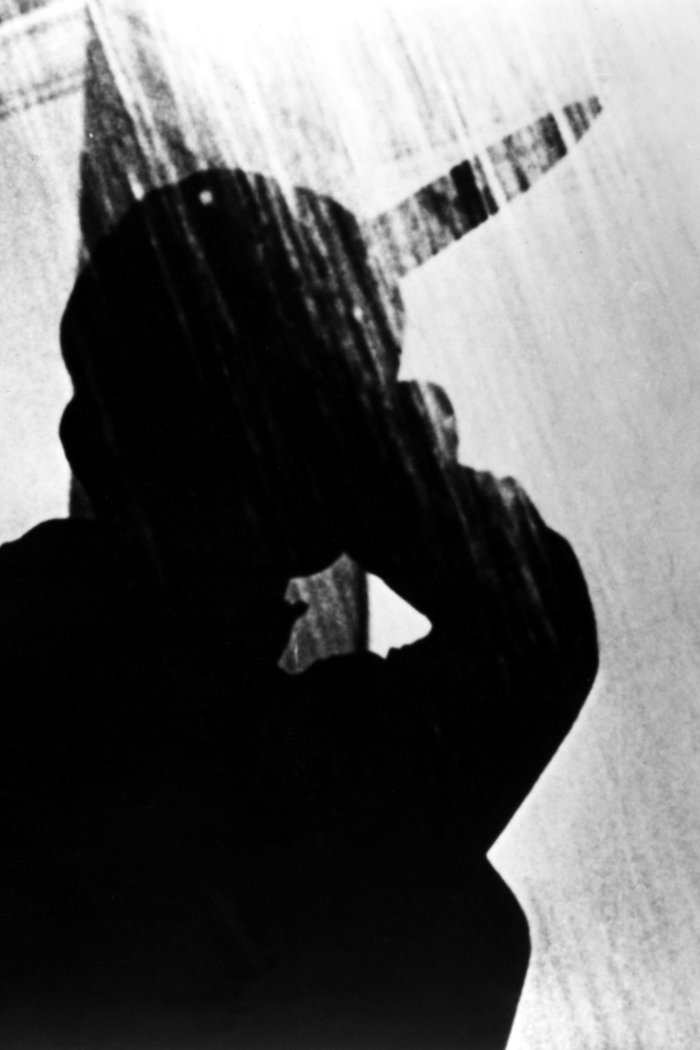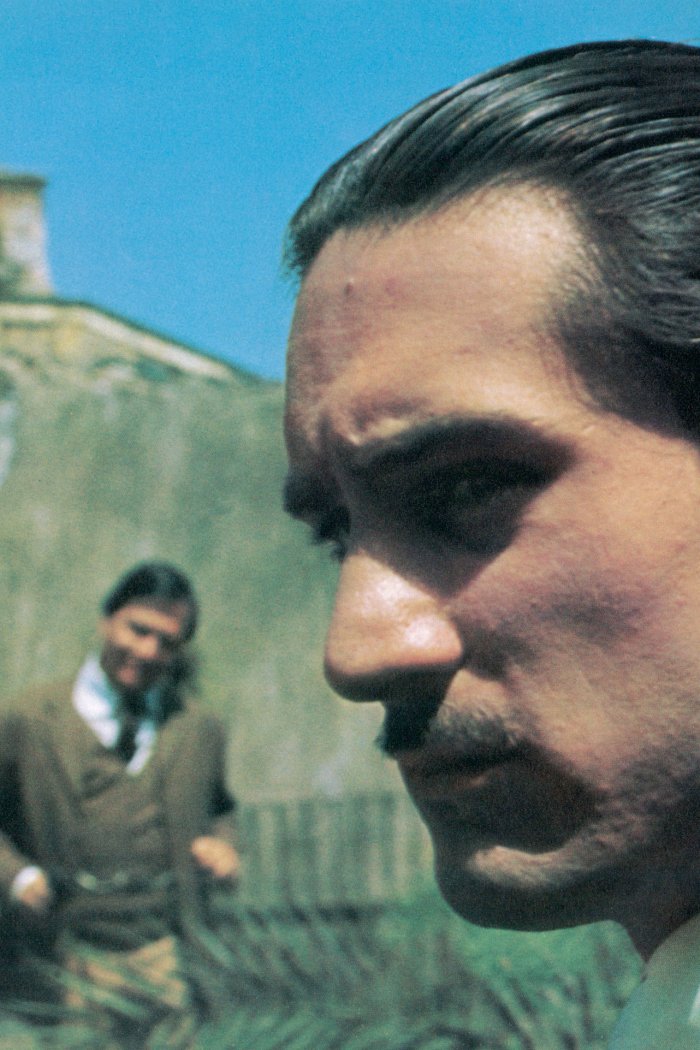For kids born after roughly the mid-1970s, a world without E.T. seems unimaginable. The film became a huge hit upon its release, and children continue to watch it today, often via streaming rather than a VHS tape gone threadbare after being run through the VCR too many times. It’s easy to take E.T. for granted. But few filmmakers have captured the texture of childhood loneliness and anxiety as well as Steven Spielberg does here, even as he spins a fantasy adventure that’s captivating on its own terms. Young Elliott (Henry Thomas) is rumbling through a rocky transition: his father has just left the family, and he and his older brother Michael (Robert McNaughton) and preschool-age sister Gertie (Drew Barrymore) watch as their mother, Mary (Dee Wallace), tries to hold things together. Everyone is confused and hurt. But Elliott is about to meet a squat, greenish-brown figure who has been abandoned by his extraterrestrial compatriots—the fact that this otherworldly being lingered too long to marvel over a little pine tree, the sort of thing we who live here might pass without a second thought, is what causes him to be left behind. These two will form a bond so strong that each experiences the feelings of the other. Perhaps this is Spielberg and screenwriter Melissa Mathison’s sly way of introducing children not just to the concept of empathy, but also to the idea of the sympathetic imagination, the foundation of all great literature. And that may be one reason the memory of seeing E.T. lives forever in many adults, even if they haven’t watched it in ages. It speaks to us in a language we never outgrow.
- Cybersecurity Experts Are Sounding the Alarm on DOGE
- Meet the 2025 Women of the Year
- The Harsh Truth About Disability Inclusion
- Why Do More Young Adults Have Cancer?
- Colman Domingo Leads With Radical Love
- How to Get Better at Doing Things Alone
- Michelle Zauner Stares Down the Darkness




